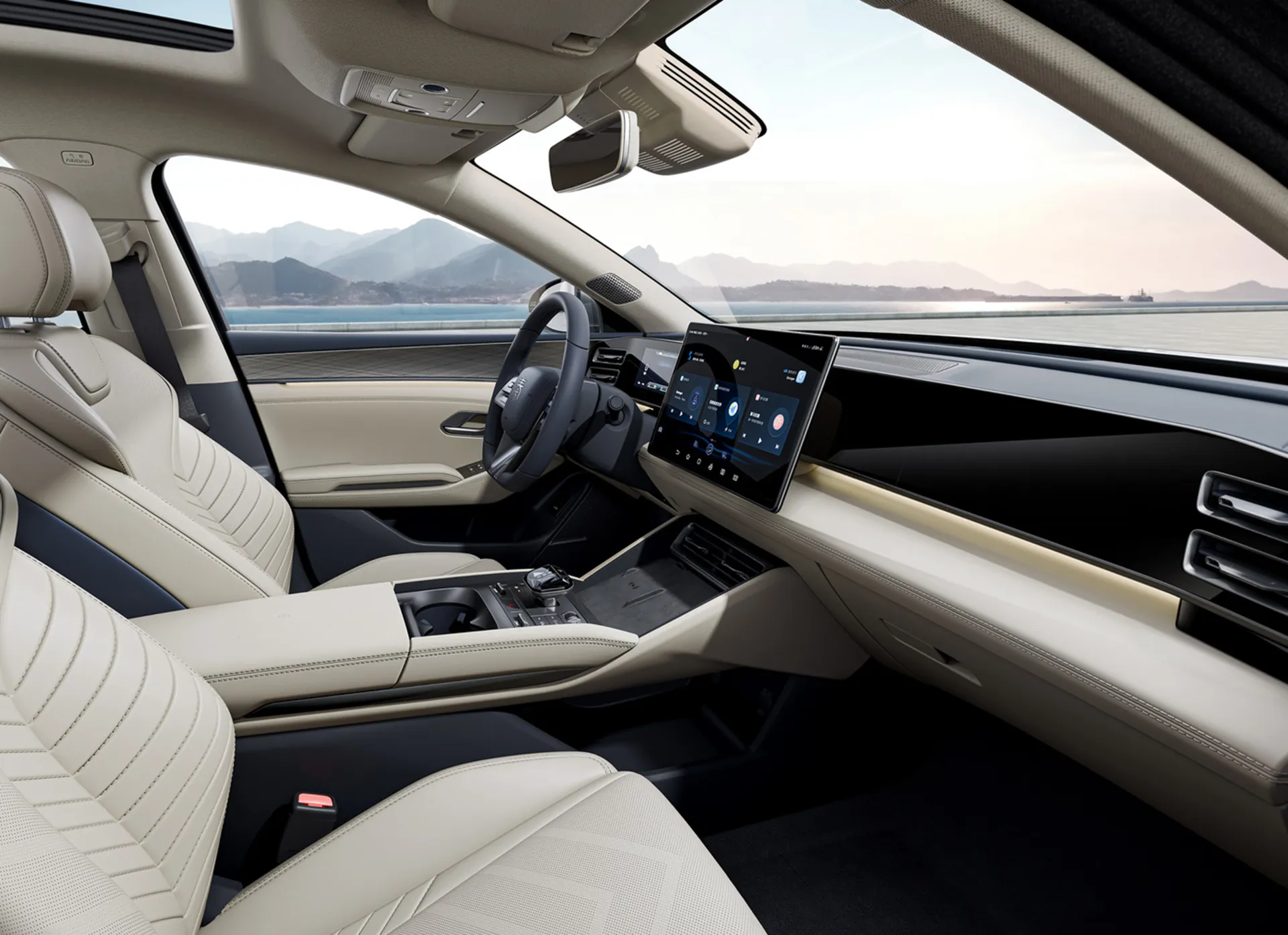pickup auto
The Evolution and Impact of Pickup Trucks on Modern Society
Pickup trucks, commonly referred to as pickups, have undergone a remarkable transformation over the decades. Initially designed for utility and work purposes, these versatile vehicles have become a significant part of American culture and have gained popularity worldwide. Today, pickups are not just tools for labor; they symbolize freedom, adventure, and a rugged lifestyle. This article will delve into the evolution of pickups, their impact on society, and the factors contributing to their enduring popularity.
Historically, the first pickups appeared in the early 20th century. The Ford Model T, released in 1917, is often credited as one of the first mass-produced pickups. It featured a simple design and served as a practical vehicle for farmers and small business owners. As industries developed and the need for transporting goods increased, manufacturers began to recognize the potential of pickups, leading to enhancements in both design and functionality. The post-World War II era saw a significant rise in pickup sales, as soldiers returning home sought practical vehicles for both work and leisure.
The Evolution and Impact of Pickup Trucks on Modern Society
Fast forward to the 21st century, and today's pickups are equipped with cutting-edge technology and advanced safety features. Modern pickups boast high towing capacities, impressive payloads, and off-road capabilities, catering to outdoor enthusiasts and work-related needs alike. Features such as rearview cameras, adaptive cruise control, and infotainment systems have made pickups more appealing to everyday drivers. Moreover, manufacturers now offer a variety of trims and customizations, allowing consumers to tailor vehicles to their personal tastes and requirements.
pickup auto

The societal impact of pickup trucks is significant. In rural areas, pickups are indispensable for farmers, ranchers, and tradespeople who rely on their vehicles to transport goods and equipment. In urban environments, pickups have found a place in the lives of those who favor versatility, allowing them to haul furniture, bikes, or recreational gear. The prevalence of pickup trucks has also influenced infrastructure, prompting cities to accommodate larger vehicles with wider parking spaces and increased road allowances.
Culturally, pickups are celebrated in media, with numerous films and television shows depicting them as symbols of rugged independence and adventure. Brands have capitalized on this imagery, creating advertising campaigns that resonate with consumers seeking an adventurous lifestyle. The pickup truck has thus become intertwined with notions of masculinity, adventure, and the American spirit.
Environmental concerns have also pushed manufacturers to innovate within the pickup segment. As awareness about climate change grows, automakers are developing hybrids and electric pickups. Models such as the Ford F-150 Lightning and the Rivian R1T exemplify how the industry is addressing sustainability while maintaining the functionalities that make pickups popular. These advancements demonstrate that the pickup market is not only responding to consumer preferences but also adapting to global challenges.
Despite the challenges posed by changing consumer habits and environmental regulations, the demand for pickup trucks continues to thrive. The robustness, versatility, and evolving technology of these vehicles make them attractive options for various consumers—from those in rural settings who still rely on pickups for work to urban dwellers seeking a practical and stylish vehicle.
In conclusion, the pickup truck has evolved from a utilitarian workhorse to a multifaceted symbol of modern culture. Its impact on society is profound, influencing lifestyle choices, economic activities, and even cultural narratives. As the automotive industry continues to innovate, it is evident that pickups will remain integral to both individual lives and the broader social landscape. Whether for work, adventure, or daily commuting, the pickup truck is here to stay, driving into a future that promises both sustainability and adaptability.
-
Premium Body Chassis Car Solutions Durable Car Body Chassis & Square Body Chassis ManufacturerNewsJun.10,2025
-
Passenger and Commercial Vehicles Versatile Solutions for Every Need High Performance, Reliable SafetyNewsJun.10,2025
-
12 Passenger Vehicles for Rent – Spacious, Comfortable Multi-Passenger Rental OptionsNewsJun.10,2025
-
High-Quality Auto Headlights Durable Designs & Wholesale PricingNewsMay.30,2025
-
70 Seater Coach Hire - Spacious & Reliable Group Transportation SolutionsNewsMay.30,2025
-
High-Efficiency Crop & Land Cultivation Machines for Modern FarmsNewsMay.30,2025
Popular products

























